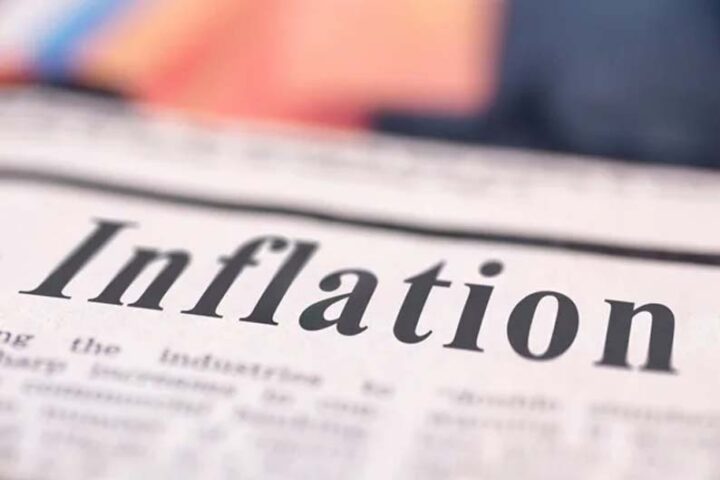President Nicos Anastasiades stating the cost-of-living adjustment (CoLA) covers lost income from high inflation has triggered a reaction from unions calling on the government to fully reinstate the mechanism.
Trade unions demanded that the government reinstated COLA to pre-2013 levels when it was slashed by 50% during the 2013 banking crisis.
Opposition AKEL’s affiliated union PEO General Secretary Sotiroula Charalambous said that “finally the government acknowledged the usefulness of CoLA. Up until now, the government had been calling for its abolition, arguing that it is problematic”.
“We now feel vindicated for defending CoLA.
“But now we ask the government to start the dialogue for the full restoration of the institution, which is also included in our suggestions to President Anastasiades in dealing with the rising inflation rate.
“An open dialogue should be launched with all parties involved to fully restore CoLA, especially today when the President of the Republic recognizes its usefulness.”
Charalambous argued that the slashing of index-linked CoLA was only for a transitional period according to Anastasiades’ commitments.
“CoLA should be part of the methodology adopted to adjust the minimum wage.”
Ruling DISY affiliated union SEK’s General Secretary Andreas Matsas said: “President Anastasiades’ statement reflects a reality that workers have been experiencing for several months due to inflationary pressures on the economy due to the war in Ukraine”.
Matsas said that SEK called on the government to reinstate CoLA within its commitment to reinstating salaries to pre-2013 levels.
“CoLA certainly helps in managing inflationary trends in the economy.
“It is needed today, more than ever. For this reason, SEK requests the expansion of the implementation of CoLA.”
CoLA is currently applicable only in the civil service and certain professions in the private sector.
Anastasiades made the remarks on CoLA earlier in the week ahead of a Friday’s cabinet meeting to discuss the economic consequences of the war in Ukraine.
He acknowledged that the situation for Cypriots is difficult and is getting worse day after day.
The President said the government is determined to help out to the extent state finances allow.
There is growing concern about the repercussions of rising prices, especially on low-income families.
Cyprus is witnessing the highest inflation rate in four decades; it jumped to 8.8% in April from 7.13% in March.
The level of inflation currently measured in Cyprus is the highest since 1982 when it reached 9.1%.
Finance Minister Constantinos Petrides said the government intends to extend the reduction of excise duty on fuel and the reduction of VAT on electricity bills, possibly for another three months.










